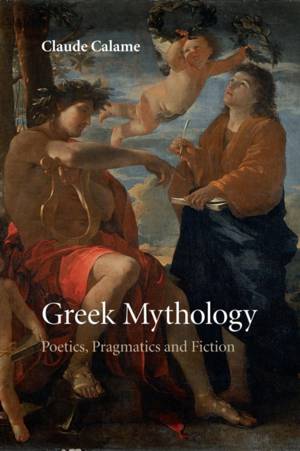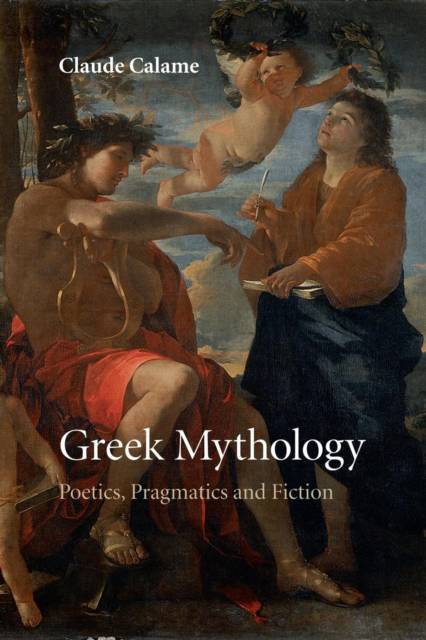
- Afhalen na 1 uur in een winkel met voorraad
- Gratis thuislevering in België vanaf € 30
- Ruim aanbod met 7 miljoen producten
- Afhalen na 1 uur in een winkel met voorraad
- Gratis thuislevering in België vanaf € 30
- Ruim aanbod met 7 miljoen producten
Zoeken
€ 69,45
+ 138 punten
Uitvoering
Omschrijving
Myths are not simple narrative plots. In ancient Greece, as in other traditional societies, these tales existed only in the poetic or artistic forms in which they were set down. To read them from an anthropological point of view means to study their meaning according to their forms of expression - epic recitation, ritual celebration of the victory of an athlete, tragic performance, erudite Alexandrian poetry, antiquarian prose text; in other words, to study the functions of Greek myths in their permanent retelling and reshaping. Falling between social reality and cultural fiction, Greek myths were evolving creations, constantly adapting themselves to new conditions of performance. Using myths such as those of Persephone, Bellerophon, Helen and Teiresias, Claude Calame presents an overview of Greek mythology as a category inseparable from the literature in which so much of it is found. The French edition of this book was first published in 2000.
Specificaties
Betrokkenen
- Auteur(s):
- Vertaler(s):
- Uitgeverij:
Inhoud
- Aantal bladzijden:
- 288
- Taal:
- Engels
Eigenschappen
- Productcode (EAN):
- 9781107434813
- Verschijningsdatum:
- 26/06/2014
- Uitvoering:
- Paperback
- Formaat:
- Trade paperback (VS)
- Afmetingen:
- 152 mm x 229 mm
- Gewicht:
- 426 g

Alleen bij Standaard Boekhandel
+ 138 punten op je klantenkaart van Standaard Boekhandel
Beoordelingen
We publiceren alleen reviews die voldoen aan de voorwaarden voor reviews. Bekijk onze voorwaarden voor reviews.











